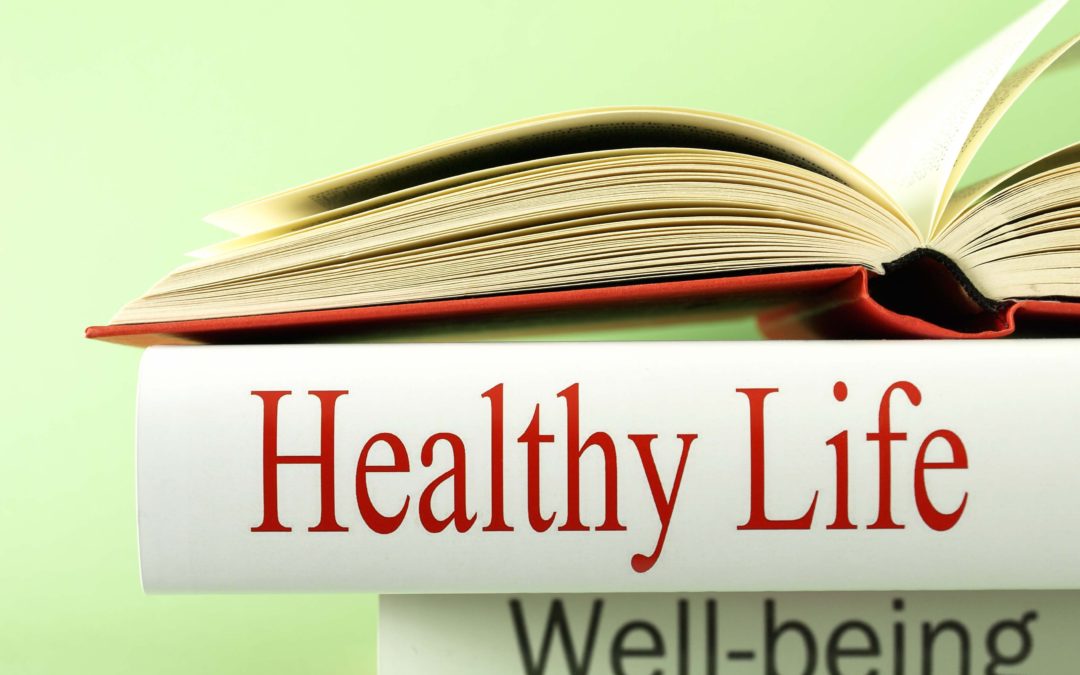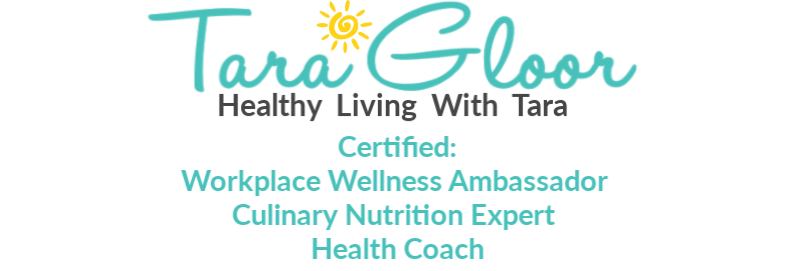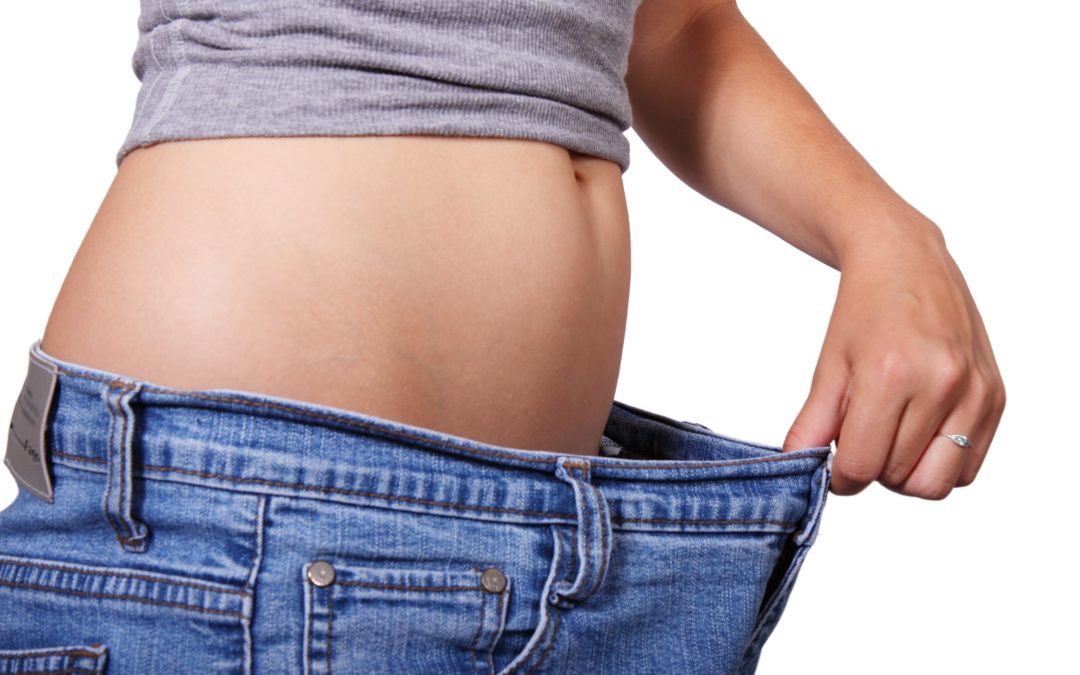
What does a Health Coach do?
I hope you’re enjoying the summit. As many of my guests are health coaches, I thought I would share with you what a health coach actually is and what we do.
What Does a Health Coach Do?
Working with a health coach can have significant short-term and long-term benefits for individuals and companies alike. Because the focus of a health coach, also known as a wellness coach, is on staying healthy rather than treating illness, the potential for significant change is almost unlimited. This pro-active approach to health and wellness builds a new and powerful health consciousness in the individual; leading, encouraging, and supporting them toward making conscious choices in the areas of nutrition, exercise, and developing a healthier mindset.
My goal is to inspire and assist others to achieve a healthier lifestyle and overall wellbeing by understanding that health and healthy living is not simply limited to eating well but it also encompasses relationships and our physical and mental health. If either one is off, or we are not fulfilled in these areas, finding balance is very hard to achieve. I hope to share tips to show you that a healthier lifestyle doesn’t need to be difficult, or overwhelming. If I’m lucky, I might even be able to take the fear out of the dreaded “green drink.” I also want to provide information that is accessible and easy to understand. There are so many conflicting dietary theories and information available, so I hope to deconstruct them and help you find the one that fits into your lifestyle, at this particular time and stage of your life.
Healthy living in my opinion is about balance and not about being totally virtuous in every single lifestyle choice you make. Feeling and looking healthier doesn’t have to involve a total life overhaul.
As a health coach, there are some things that I like to tweak to get my clients back on track. They are easy to implement into your everyday life, and will make a big difference in your long-term wellbeing. Here are examples of a few things I might suggest:
- Start your morning with lemon water – it aids in digestion & detoxification, rejuvenates your skin, and it helps with weight loss, to name a few.
- Increase your water intake – we are made up of 55-75% water, so if you’re not drinking enough you will likely feel sluggish, foggy, & lethargic.
- Prepare your meals in advance – by meal prepping on Sunday you can get your week off to a great start, and minimize your time in the kitchen throughout the busy work week.
- Chew your food – the more you chew, the easier it is for your stomach to digest.
- Find ways to reduce stress – stress unbalances hormones and spikes cortisol, not only undermining our efforts to lose weight but also any efforts we make towards being healthier. Some great tools are keeping a journal to release thoughts, and an app called Headspace.
- End the day with an Epsom salt bath – it helps ease stress, promotes relaxation, and release toxins.
- Take time for YOU – “Self-care is care provided for you, by you. It’s about identifying your own needs and taking steps to meet them. It is taking the time to do some of the activities that nurture you. Self-care is about taking proper care of yourself and treating yourself as kindly as you treat others.” Remember its okay to put yourself first!!
Now these don’t sound too awful do they?
So let’s get into the nitty gritty….a more technical explanation….
How a health coach can help you
According to the International Association for Health Coaches, a DC-based advocacy group for health and wellness coaches, “A Health Coach is a guide and supportive mentor who empowers clients to take responsibility for their health and cultivate positive lifestyle choices.” While this is accurate, it’s also a bit technical, and far too limiting. This article in the U.S. News & World Report Health section – describes our role in more everyday language.
When you decide to work with a health coach, or when your employer chooses to add wellness coaching to your menu of health care choices, you will receive the support you need to implement meaningful lifestyle changes that will further your wellness goals. A health coach can offer broad-based support for overall health and wellness, or may specialize in areas such as:
- Weight loss
- Weight management
- Stress management
- Binge eating
- Improved nutrition
- Food cravings
- Exercise and fitness
- Shopping for healthy foods
- Compulsive eating
- Increased energy
- Enhanced mental focus
- Self-esteem and self-sabotage
- Juicing for weight loss and detox
- And many other areas of health and wellness
Again, based on what is most important to you, you may wish to hire a coach who can help you in many areas, or you may choose to work with a health coaching specialist, someone who will help you focus on changing one crucial area of your life.
It’s important to always remember that your health coach will not replace your doctor, but will instead support your wellness goals in an effort to help you avoid needing a doctor as often as you may have in the past. The goal is to help you set goals that will lead to a healthy lifestyle, rather than regularly getting sick and being treated after the fact.
To learn more about my approach, please visit my website.
Thanks for reading & keep well!




 For many, a hectic day at work followed by the stress of picking the kids up from school and taking them to an extracurricular event, only to be responsible for prepping a great dinner for the family, can lead to a session of comfort eating as a stress coping mechanism. Also known as “emotional eating”, or even “binge eating”, comfort eating may also be used as a replacement for things that are missing in your life: career fulfillment, a relationship, or the loss of a loved one.
For many, a hectic day at work followed by the stress of picking the kids up from school and taking them to an extracurricular event, only to be responsible for prepping a great dinner for the family, can lead to a session of comfort eating as a stress coping mechanism. Also known as “emotional eating”, or even “binge eating”, comfort eating may also be used as a replacement for things that are missing in your life: career fulfillment, a relationship, or the loss of a loved one.


 Your Survival Guide to Healthier Holidays
Your Survival Guide to Healthier Holidays